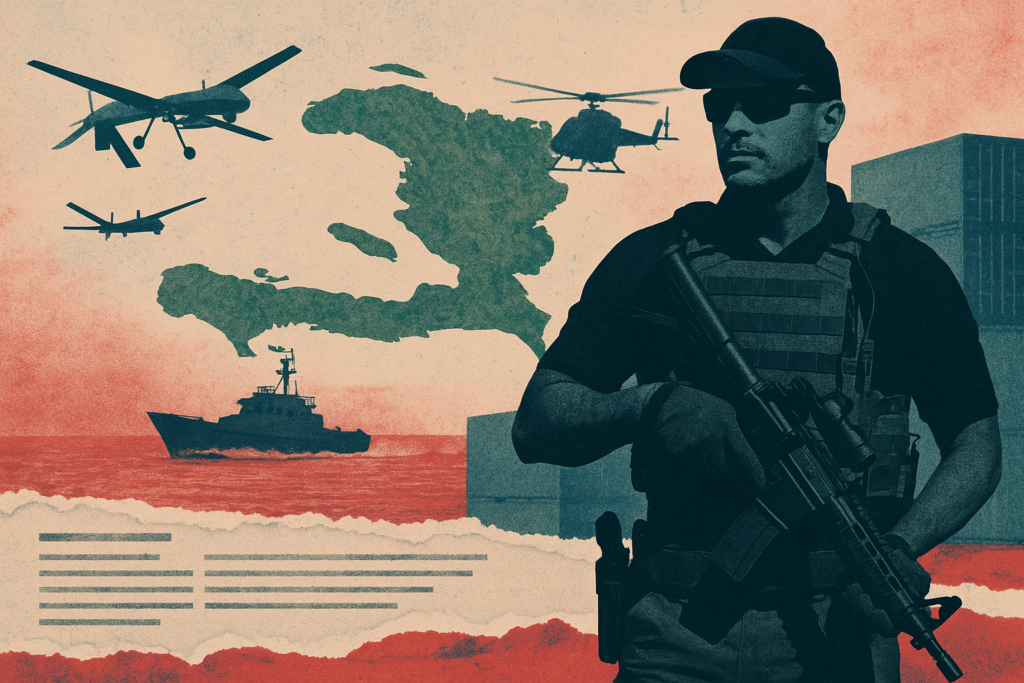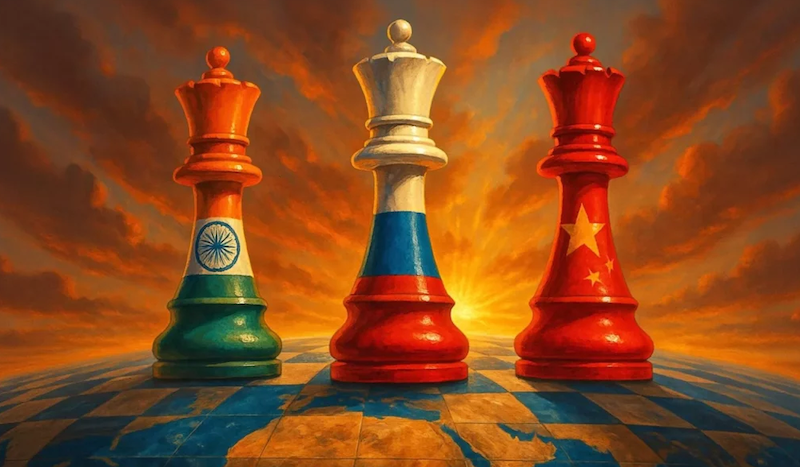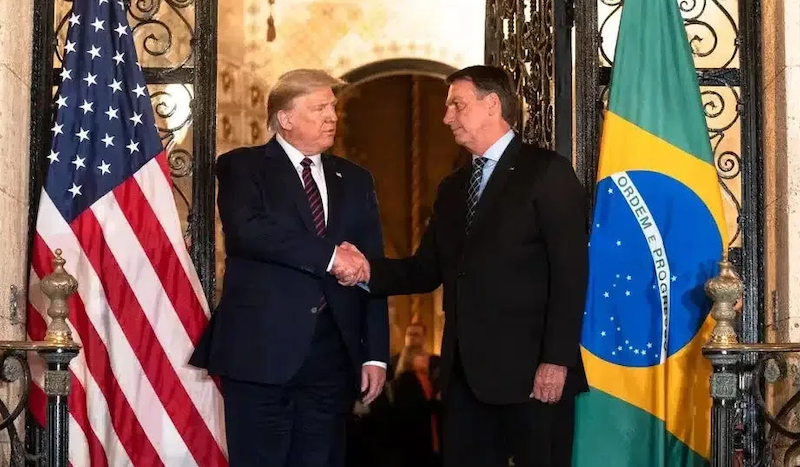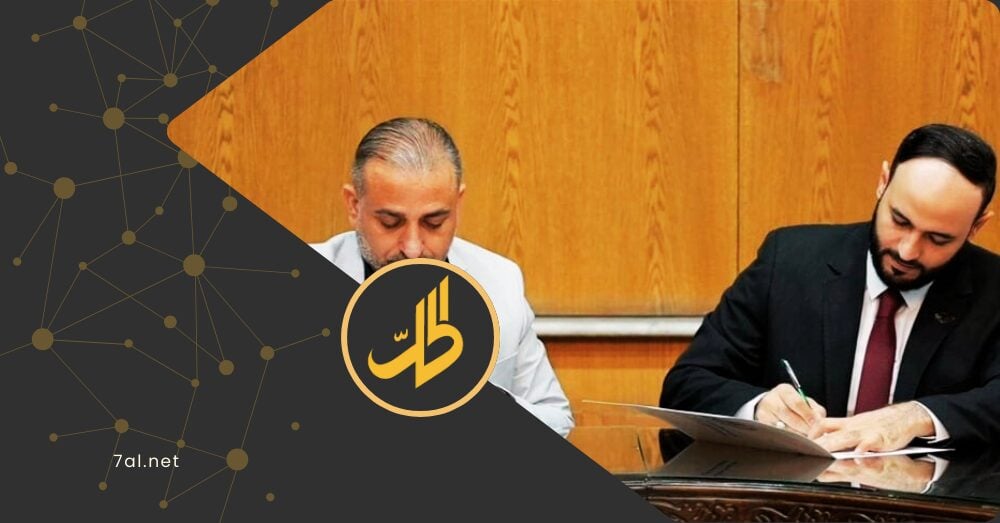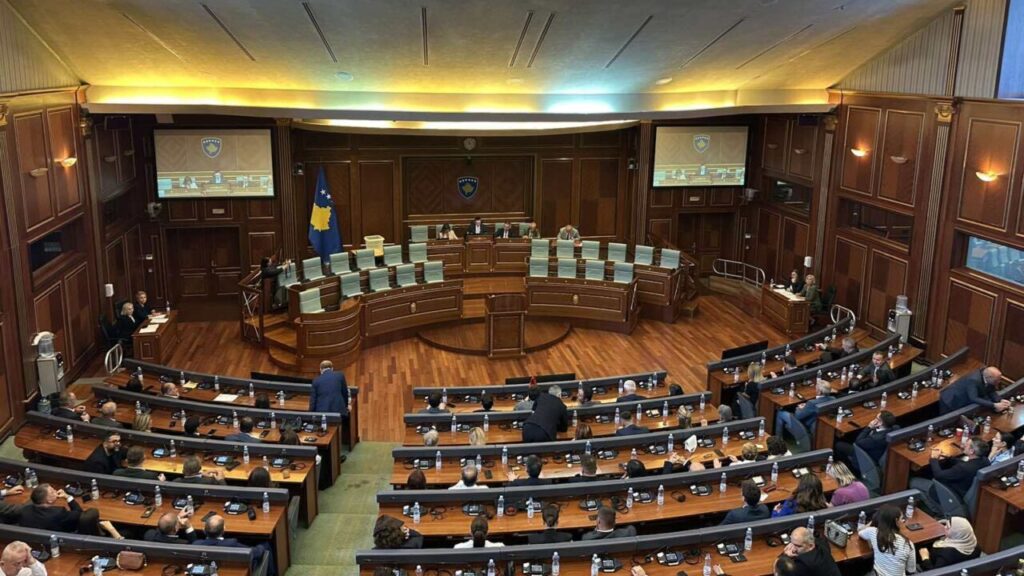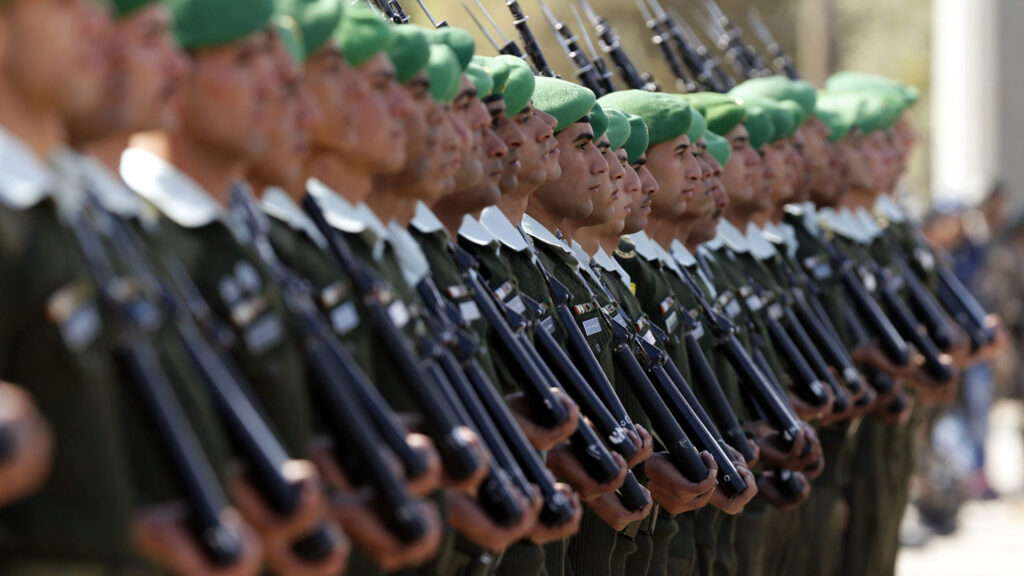
Syria’s recent constitutional declaration, intended to unify a fractured nation, has instead deepened a crisis over the state’s identity, centring on divergent visions of political Islam. By designating Islamic jurisprudence as a principal source of legislation, the transitional authority in Damascus aimed to ground its legitimacy in a shared religious heritage. Yet the move has triggered a fierce contest over who holds the authority to interpret and represent Sharia within Syria’s evolving political framework, exposing stark divisions between former jihadist factions, the Muslim Brotherhood and an emerging, military-led religious narrative.
The dissolution of Hay’at Tahrir al-Sham (HTS) in January 2025 proved more symbolic than substantive. Several of its prominent figures—including President Ahmed al-Sharaa, Justice Minister Mazhar al-Wais and religious affairs advisor Abdul Rahim Attoun—have since been absorbed into the state’s leadership. While they now present themselves as advocates of a state-sanctioned moderation, their past as jihadist ideologues continues to cast a long shadow, prompting scepticism over whether this marks genuine reform or merely a rebranding of entrenched power structures.
The Muslim Brotherhood, largely excluded from the transitional framework, has strongly objected to what it sees as the monopolisation of Sharia interpretation. For the Brotherhood, the issue is not the constitutional recognition of Islamic law but the strategic sidelining of their historic claim to its stewardship. The core dispute is not about religion per se, but about who controls its political application.
Further complicating the picture, the Syrian Ministry of Defence is quietly reshaping the military’s ideological doctrine. As reported by Al-Madina, new training curricula now incorporate Quranic studies, Islamic and modern Syrian history, and a concerted effort to counter extremist ideologies by branding them as modern-day “Khawarij”—a term historically used to label rebels. The adoption of Shafi’i jurisprudence as the official doctrinal reference signals a clear departure from the Salafist rhetoric that underpinned many jihadist movements during the conflict. Spearheaded by former HTS figures such as al-Wais and Attoun, this initiative seeks to consolidate disparate factions under a unified, state-endorsed religious identity, reviving Ash’ari, Maturidi and Sufi traditions long demonised by radical groups.
Nonetheless, this top-down imposition of a singular religious identity has met resistance. The Muslim Brotherhood views the state’s embrace of Shafi’i jurisprudence as a strategic manoeuvre to marginalise their influence. Others question whether former jihadists can credibly champion a message of moderation. The military’s role as the testing ground for this ideological overhaul is especially significant. Strict internal regulations, mandatory ideological indoctrination for soldiers, and the exclusion of defected officers all point to a calculated effort to align the armed forces with the state’s theological vision. Reports of training missions sent to Saudi Arabia further suggest regional backing for this so-called “moderate” military identity—a notable shift from the Kingdom’s historic support for Salafist currents.
This ideological battle is not confined to Damascus. Regional dynamics are also at play, with powers such as Saudi Arabia lending legitimacy to Syria’s new direction. The Brotherhood’s exclusion reflects a wider regional realignment. While the constitutional declaration provides a surface-level framework of legitimacy, it has failed to resolve more profound questions about Syria’s identity. Each faction—be it the transitional state, former jihadists or the Brotherhood—sees its own reflection in the fractured mirror of the constitution, yet none can agree on a cohesive image.
The Syrian state’s attempt to forge a unified national identity through political Islam risks entrenching division rather than overcoming it. Without a decisive resolution on who defines Sharia and how it is to be applied in governance, legitimacy remains contested—caught between rival constitutional texts, religious interpretations and regional agendas. As Syria continues its search for unity, the question remains: can a nation fractured by war reassemble itself into a coherent whole, or will it remain a battlefield for competing claims to religious and political authority?
